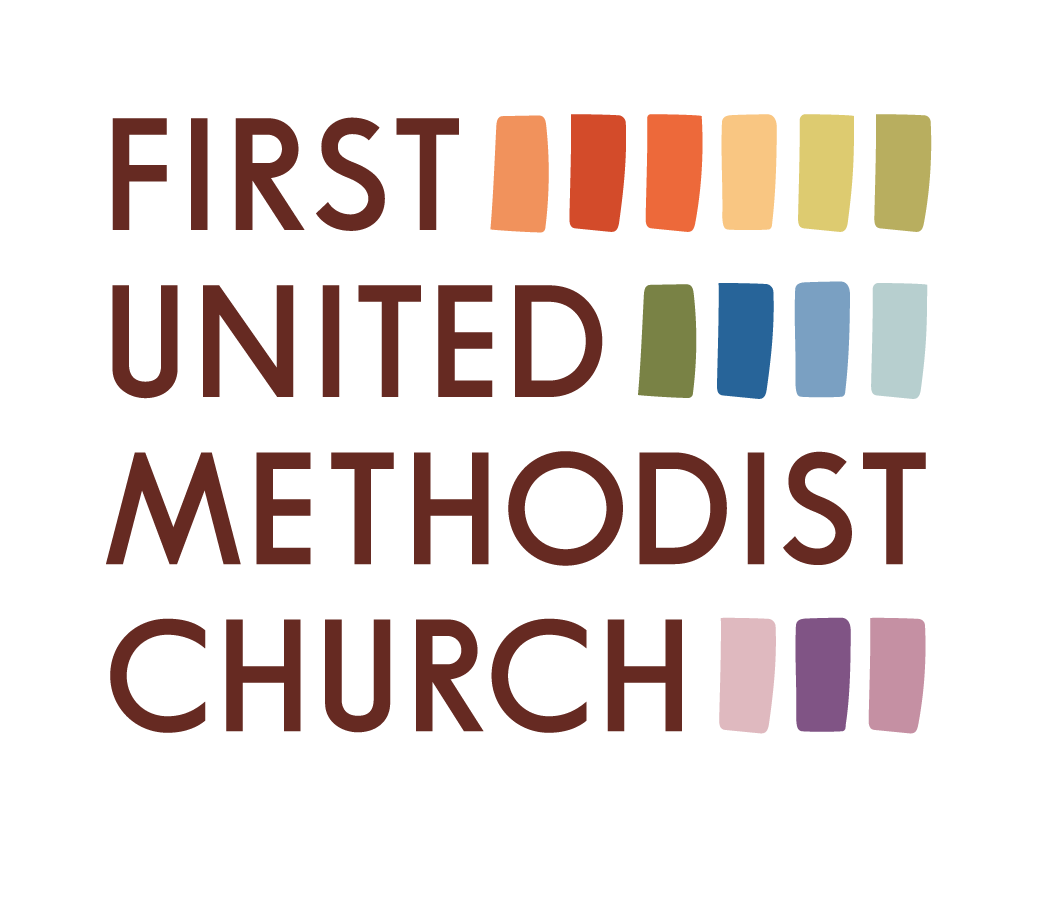Injustice and the Care of Souls
“How is it with your soul?”
We have been hitting deep (and sometimes poorly worded) questions through our worship series, “I’ve Been Meaning to Ask.” In our weekly conversations, we have found other ways to be curious and courageous with one another, using questions as:
What has shaped who you are?
What makes your heart hurt?
How can I show up for you in this moment?
Those who aren’t the touchy-feely type may be uninterested or even intimidated by these questions. But these aren’t questions just for folks like the Care Team to ask alone; they are for all of us!
In the first week of the series, we established that not only does it take curiosity without assumption (plus a dose of courage) to ask these questions, it also takes curiosity and courage to answer them with the honesty and depth needed to cultivate meaningful relationship.
I often find that if I am going to answer a question of depth with any seriousness and courage, it is helpful to take a beat, close my eyes, and exhale as I examine the interior of my soul in that moment, attempting to explain in spoken word what I find there. This is certainly the case with that age old Wesleyan inquiry: how is it with your soul?
Exhale. How is it indeed?
This week I had the chance to catch up with an old seminary professor over an iced coffee and a very, very good dairy-free cookie. I came into seminary with some decently established understanding of my personal theology and the pastoral office, as I had already been in full time pastoral ministry and worked on my degree while serving under appointment as an associate pastor.
However, two classes surprised me: pastoral care and evangelism. At the time, I did not think of either these topics as particular passions of mine. As I told my professor, before the class my image of pastoral care was 1-to-1 counseling in moments of spiritual and emotional distress due to medical ailment or crises of faith. Important ministry, but rather vanilla. I was perfectly happy to provide care to those in my charge, but did not imagine it to be a large part of my work. I was far more interested in worship, Biblical study, and working toward the common good.
After just a few weeks of that pastoral care course, my perspective changed completely. It spurred passion for that 1-to-1 care as well as expanded my understanding of care entirely. Care was not something some of us do some of the time, but that all of us are called to do all the time.
We examined work such as one with the title of this post, “Injustice and the Care of Souls: Taking Oppression Seriously in Pastoral Care.” Through these readings and many others in both my care and evangelism courses, I discovered that in our quest to live into, claim, and share the liberation that Christ has championed, our care of others is not simply a band-aid on a wound but an invitation into that liberation.
Pastoral care through the lens of liberation theology is care that is socially and politically committed, inextricably linked with justice and compassion. The examination and care of one’s soul is not limited to spirituality in a narrow sense, but instead considers the whole person and their placement in our larger community: especially in the care of marginalized persons. The work of pastoral care in this framework is also not limited to one’s own personal needs, but instead includes the broader communal landscape of empowerment and the transformation of unjust structures.
When faith leaders speak to and act upon issues of justice, we’re engaging in pastoral care. When we advocate for the resources and rights of those on the margins, it’s pastoral care that we are providing. It is care when we engage anti-racism across the spectrum of our lives. When counseling someone in spiritual or emotional tumult, that too is care.
When we return Wesley’s inquiry, “How is it with your soul?” this relationship becomes clear. So much of what lifts or plagues our souls has to do with the larger world around us and our place in it; the Christian faith is not a solitary one. When I have sat with trusted colleagues or spiritual directors and have attempted to answer this question, I have discovered that my own spiritual wellbeing is deeply impacted by my experience as a minority in a white-dominant culture.
We care for the hurt of the world by caring deeply for the people right in front of us. When we care for the people right in front of us, we need to remember the issues of justice that impact them and that we are all empowered to act upon. When we remember and act upon those issues of justice, we care for those right in front of us and around the world.
To start, we ask the questions:
What has shaped who you are?
What makes your heart hurt?
How can I show up for you in this moment?
And, because I’m curious, how is it with your soul?
Take a moment. Close your eyes. Exhale. I’d love to hear from you.
With curiosity,
Pastor Karyn

